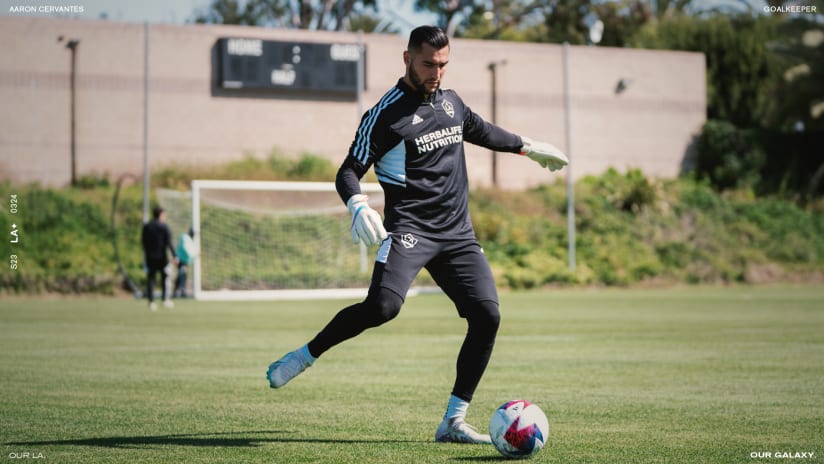Micronutrients such as vitamins are minerals are essential to athletic success, health and wellbeing.
This second blog in the three-part series about micronutrients will focus on the minerals that are crucial for athletic performance and recovery.
- READ:Check out part one
Important minerals for an athlete are sodium, potassium, chloride, calcium, zinc, magnesium and iron.
Sodium, potassium and chloride are important electrolytes that play a vital role in hydration, nerve transmission and muscle contraction.
Electrolytes are critical to ensuring an athlete remains hydrated and rehydrates effectively.
At the LA Galaxy, we provide daily electrolyte drinks from Herbalife to our players that are low in sugar and calories so they can be consumed throughout the day.
Calcium is a mineral that is important for development and maintenance of strong bones, as well as muscle contraction, nerve transmission and hormone secretion.
Good sources of calcium include milk, egg whites, yogurt and fish such as sardines and salmon. Kale, bok choy, and broccoli are also good sources of calcium, but have to be eaten in fairly large quantities.
Zinc and magnesium are crucial minerals for muscle recovery.
Good sources of zinc and magnesium include liver, cocoa, dried fruit, meat and nuts.
Iron is crucial to red blood cell formation, specifically to form hemoglobin and myoglobin, which carry oxygen around the body.
Low iron levels can result in feelings of tiredness, fatigue, and general weakness. Therefore, it is essential for an athlete to have enough iron in your diet.
Good sources of iron include red meat, pork poultry, seafood, beans, dark green leafy vegetables and dried fruit.
The best way to guarantee you are consuming all the necessary minerals that your body needs is to eat a wide range of foods. These include meat, fish, dairy, beans, fruit and vegetables.
A balanced diet is key. An extreme diet or a calorie-restricted diet will likely mean you deprive your body of one or more important nutrients that are essential for health and wellbeing.
A professional athlete has higher physical demands than the average person. In addition an athlete’s lifestyle is dictated by their training and fixture schedule, which is accompanied with frequent traveling. Therefore, diet alone may not always be practical or sufficient to meet the micronutrient needs of a high-performing professional athlete to promote recovery and fuel performance.
At the Galaxy, we implement a supplementation model with our athletes, and in my next blog, I will explain why and take a look at the cost-benefit analysis when recommending a supplement.
Feel free to tweet me at @alexsavva19 with #AskAlex with any of your questions.
Yours hydrated,
Alex Savva





